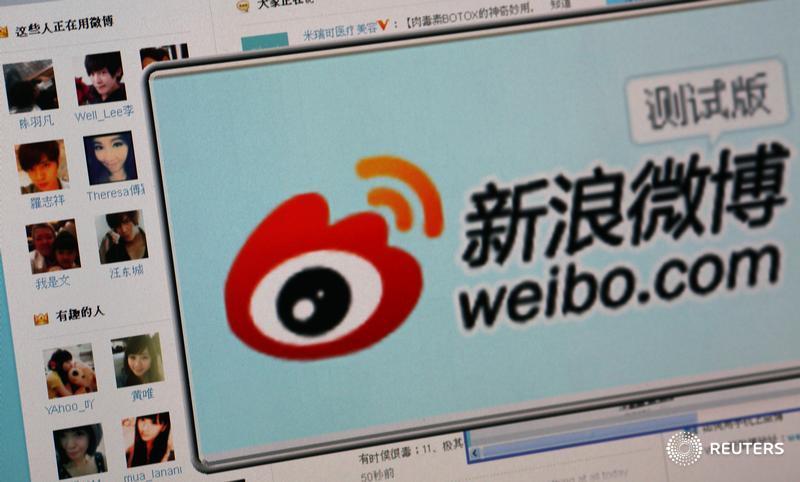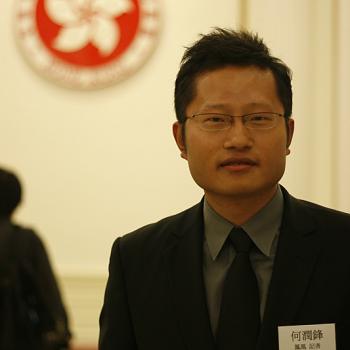How does the Chinese government manage social media? The case of Weibo

Reuters Institute Fellow's Paper
Runfeng He has written one of the most comprehensive accounts ever undertaken of the ways the Chinese government has attempted to control Weibo, the micro-blogging site in China most akin to Twitter.
According to official Chinese figures, Weibo reached an astonishing 331 million users in June 2013, but fell to 275 million a year later. Feng looks at several key questions about the popularity and then decline of Weibo, including the key questions of how the Chinese government has responded to its success. He asks what general and detailed measures the Chinese government has adopted to manage Weibo, and whether the Chinese government has modified its public opinion management in the social media era.
Feng uses a combination of text analysis, in-depth interviews, case studies and online field studies as his basic research methods. He identified and explained six major measures in detail. These were market-access control, legal restrictions, administrative regulations, Weibo operators’ self-censorship, containment and balance of Weibo opinion, and assimilation and domestication of Weibo. The result is a comprehensive and up-to-date account of the Chinese government’s response to Weibo, packed with original material. If you are interested in receiving a copy of the full version of the paper, please email the Institute at reuters.institute@politics.ox.ac.uk.
Feng is a correspondent with the Asia Pacific Bureau of China Central Television (CCTV) mainly responsible for covering major global events. He was sponsored by the Thomson Reuters Foundation in Hilary and Trinity terms 2014.
As with all Fellows’ research papers, any opinions expressed are those of the author and not of the Institute.
Image: CHINA-INTERNET/ REUTERS/Stringer






